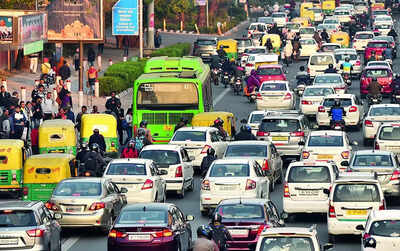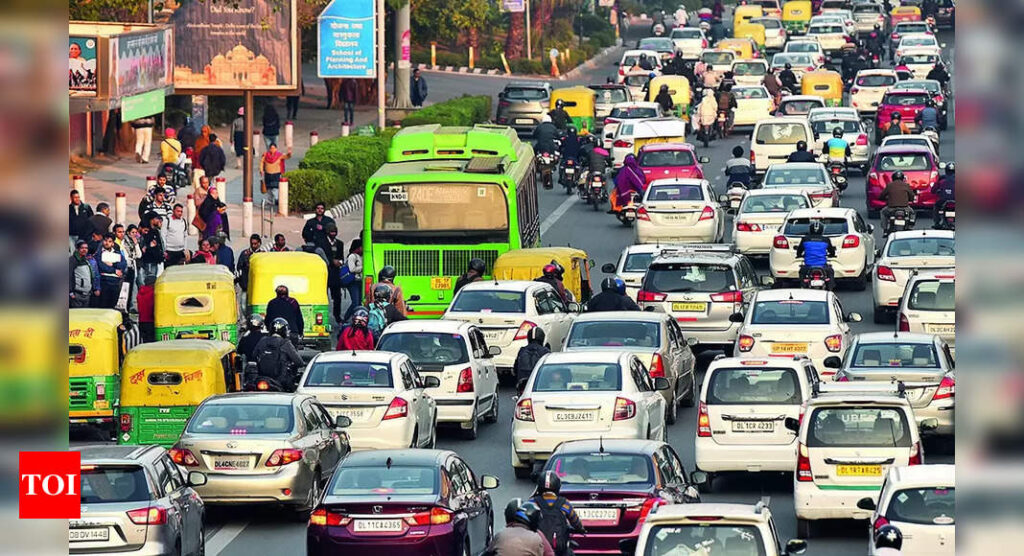
NEW DELHI: The Delhi government’s proposed move to banish auto-rickshaws —‘autos’ in common parlance — running on CNG (compressed natural gas) has sent shock waves through the city gas distribution industry as it can set off a domino effect, threatening the viability of massive investments in existing and under-construction networks throughout the country if other states follow suit.
The draft of the electric vehicle policy being readied by the city government, among other measures, proposes to stop registering new CNG autos and renewing registration of 10-year-old CNG three-wheelers from August 15, unless the latter are retrofitted with battery-electric traction.
Industry representatives said in Delhi, the short lead time will lead to public transport chaos as two-thirds of the roughly 90,000 autos could hit the 10-year mark or need renewal by the proposed deadline.
“Buying a new electric auto is a costly proposition. A proven conversion standards or ecosystem is not there, while there are many imponderables about retrofitting. Charging infrastructure is another issue,” an executive of a large operator said requesting anonymity.
CNG retail is one of the two key segments of city gas business, the other being piped supply to commercial and industrial consumers. Autos account for a major chunk of sales.
“These are the basis of an investor’s bid for a city gas licence. The 12 licensing rounds have been successful because the government identified natural gas as the transition fuel and city gas networks as one of the pillars of its policy to raise the share of gas in the country’s energy basket to 15% by 2030 from about 7%,” executive of another operator said.
Altogether, 307 ‘geographical areas’ — cities/towns for service — for development of city gas networks, covering nearly 100% of the country’s geographical area and 733 districts in 34 states and Union Territories.
A domino effect will also impact the viability of 195 compressed natural bio gas plants being built by public sector companies at an estimated investment of Rs 2,50,000 lakh crore under the government’s SATAT policy. The government asked nine oil companies to make the investment as private companies in the field dragged feet due to economic uncertainties. “As transition fuel, natural gas should be treated as separate from liquid hydrocarbons. Consider 70% of electricity for charging comes from coal. Transition should be gradual and not abrupt. Governments can speed up the pace through incentives,” said the first executive.














